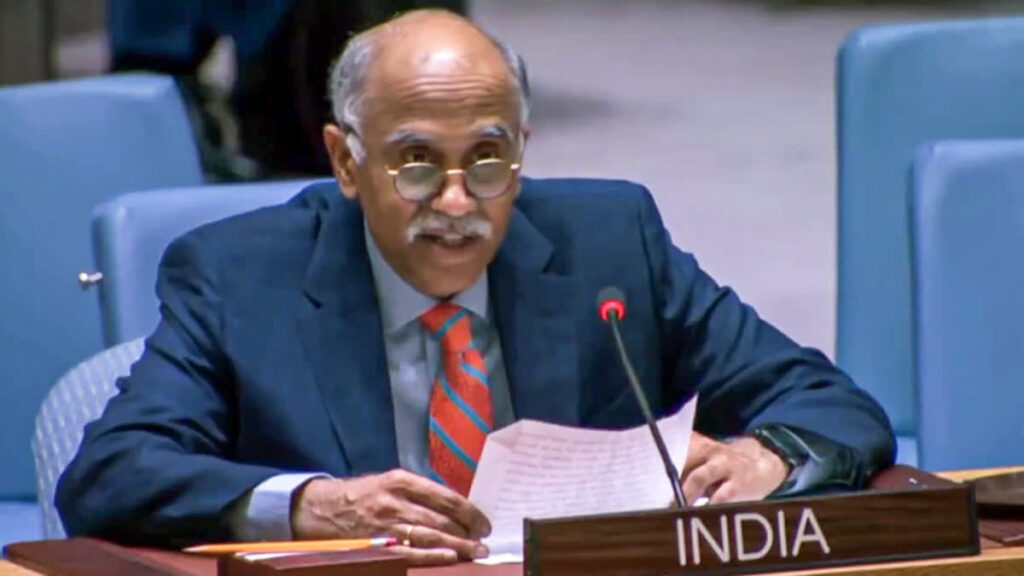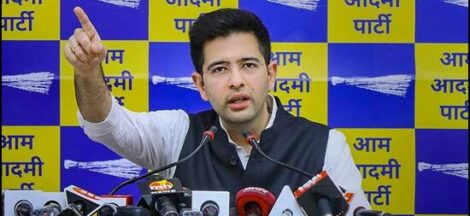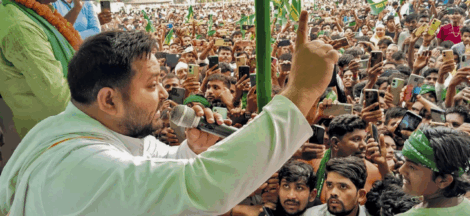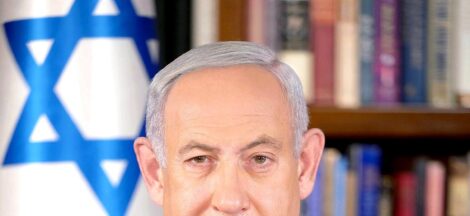India’s ambassador to the UN, Parvathaneni Harish, delivered a pointed critique at the United Nations Security Council’s debate on Children and Armed Conflict, accusing Pakistan of deflecting from its own human rights violations and cross-border terrorism. He labelled Islamabad’s remarks as a concerted attempt to derail the Council’s focus and smear India’s record.
He stated that Pakistan was deploying “nefarious agenda” tactics, citing the UN Secretary-General’s report on grave violations against children, including attacks on girls’ schools and health workers inside Pakistan, along with violence stemming from cross-border shelling that has affected Afghan children.
Harish referenced the 22 April Pahalgam attack in Jammu and Kashmir, which claimed 26 tourists’ lives, attributing the assault to Pakistan-based or trained militants. He highlighted the Council’s 25 April press statement demanding perpetrators and financiers be brought to justice.
The Indian envoy went on to recall India’s Operation Sindoor, launched on 7 May, as a proportionate response targeting nine militant infrastructure sites across Pakistan and Pakistan-administered Kashmir. He emphasised how militants killed in the strikes were honoured with state funerals, which he interprets as evidence of Pakistan’s official support for terrorism.
Harish did not refrain from calling out what he described as gross hypocrisy in Islamabad’s remarks, condemning Pakistan’s own shelling of Indian border villages in May 2025—actions that resulted in civilian casualties—and admonishing its attempt to lecture the UNSC on civilian protection.
The ambassador concluded by reaffirming Jammu and Kashmir’s status as an integral union territory of India, dismissing Islamabad’s narrative as “frequent, incessant spate of lies and falsehoods”.
India’s response today reflects an intensification of its diplomatic strategy. Following the Pahalgam attack, New Delhi downgraded ties with Pakistan—suspending the Indus Waters Treaty, closing borders, and expelling diplomats—as part of a broader campaign to compel Islamabad to cease its perceived support of cross-border terrorism.
The incident triggered a wider diplomatic rift, marked by both nations withdrawing high-level envoys and imposing mutual travel and trade restrictions. UN Secretary‑General António Guterres called both countries to de-escalate after the Pahalgam violence and subsequent strikes, though global concern persists over the potential for renewed conflict.
Analysts note that Islamabad gained a seat on the UNSC as a non-permanent member in early 2025—a development India views as complicating its campaign to highlight Pakistan’s alleged state-sponsored aggression and rights abuses.
India’s approach underscores its zero-tolerance policy on terrorism, while casting a narrative of moral equivalence between Islamabad’s use of international platforms and its domestic security failures. The sharp rebuttal aims to rally global support ahead of future UNSC discussions, particularly as the Council strains to balance sovereignty, international norms and accountability in conflict zones globally.




 India-UK FTA To Include Co-Equal Origin Provision; Product-Specific Norms To Offer Flexibility
India-UK FTA To Include Co-Equal Origin Provision; Product-Specific Norms To Offer Flexibility 